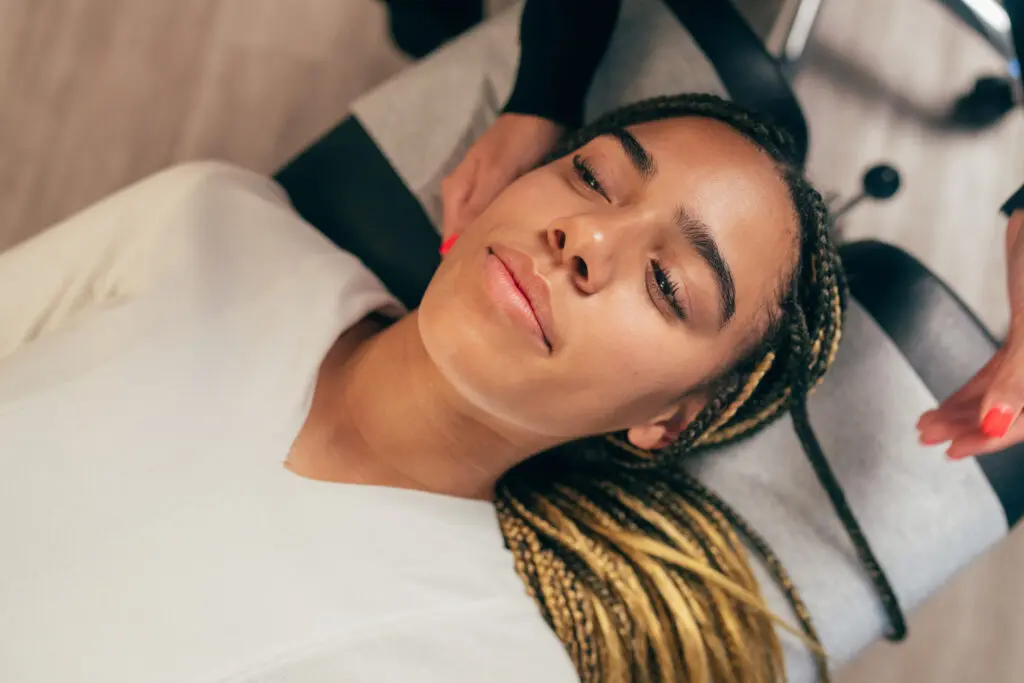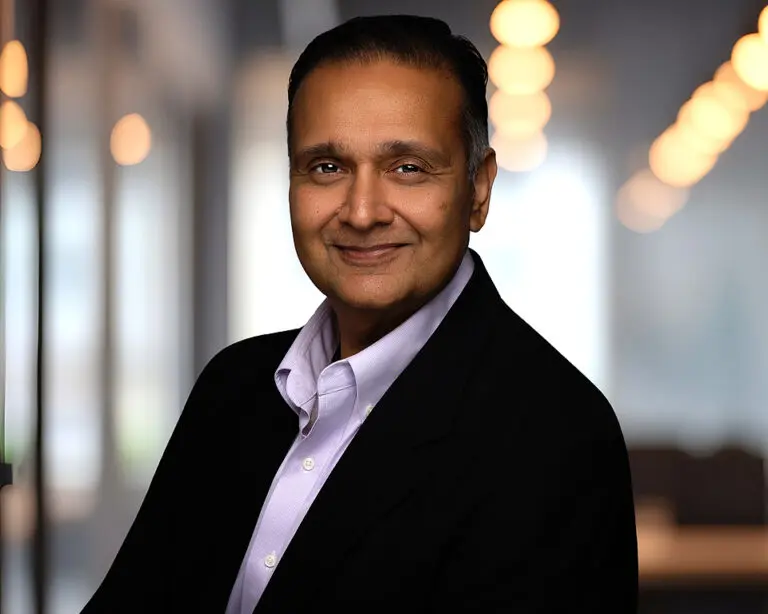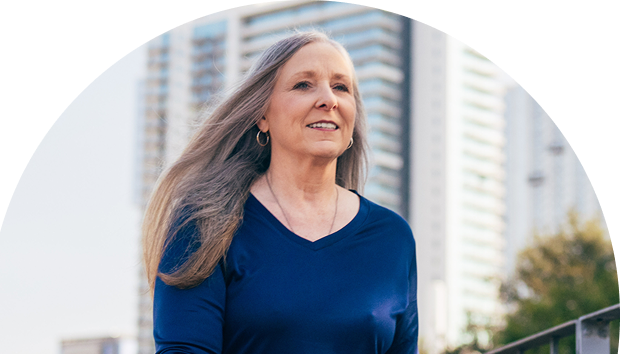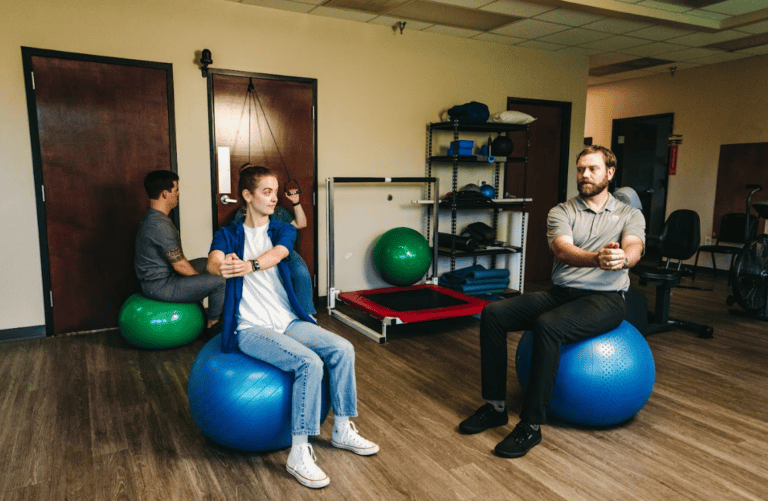What is Neurology?
Neurology is the branch of medicine dedicated to diagnosing and treating disorders of the nervous system, which includes the brain, spinal cord, and nerves. This field of treatment addresses conditions ranging from migraines and neuropathy to complex disorders like epilepsy, multiple sclerosis, and Parkinson’s disease. In the context of injuries, neurologists can help identify and treat concussions, traumatic brain injuries (TBIs), nerve trauma, and post-injury headaches. We offer several different services and treatments, including:
- Neurological assessments: Helps assess the extent of a patient’s neurological condition and identify any underlying problems that may be causing it.
- Treatment options: Can include any number of different treatments and therapies designed to help patients manage their condition (such as medications, injections, and in some cases surgery).
- Pain management: Helps patients manage pain symptoms by taking steps such as reducing stress levels or using various pain relief techniques.
Who is it For?
Seeing a neurologist can be valuable for concussion and TBI patients, or anyone experiencing persistent headaches, dizziness, memory issues, or mood changes. Those who may have nerve damage should also see a neurologist, so symptoms like tingling, numbness, or weakness could be a sign to contact a doctor. If you’re experiencing vertigo, unsteadiness, vision changes, or other balance issues after head or neck trauma, we recommend visiting a neurologist.
Benefits of Seeing a Neurologist
Because of their expertise in treating brain conditions, neurologists are the best doctor to see for something like a concussion. They can assess your injury and develop a personalized plan to return to regular activities without jeopardizing your brain health. Our targeted therapeutic interventions like nerve blocks can tailor therapies to directly address your symptoms and speed up recovery. If you have symptoms like pins and needles, numbness, blurry vision, persistent headaches, or similar sensations, it’s important to contact a neurologist.











